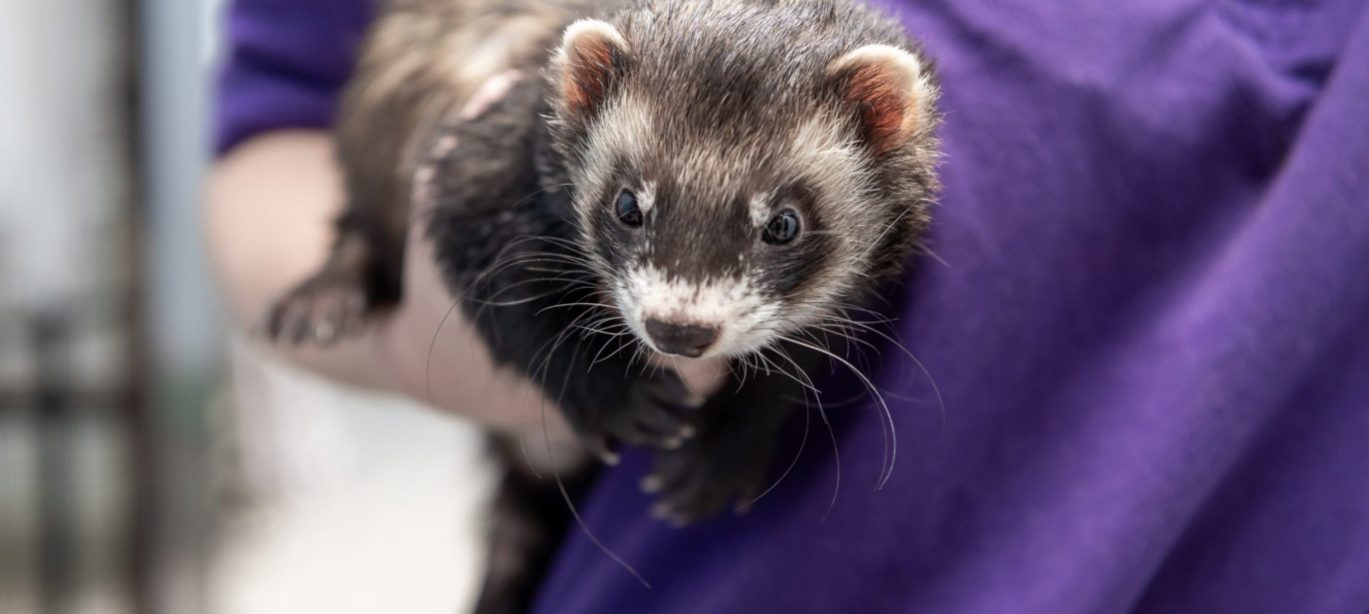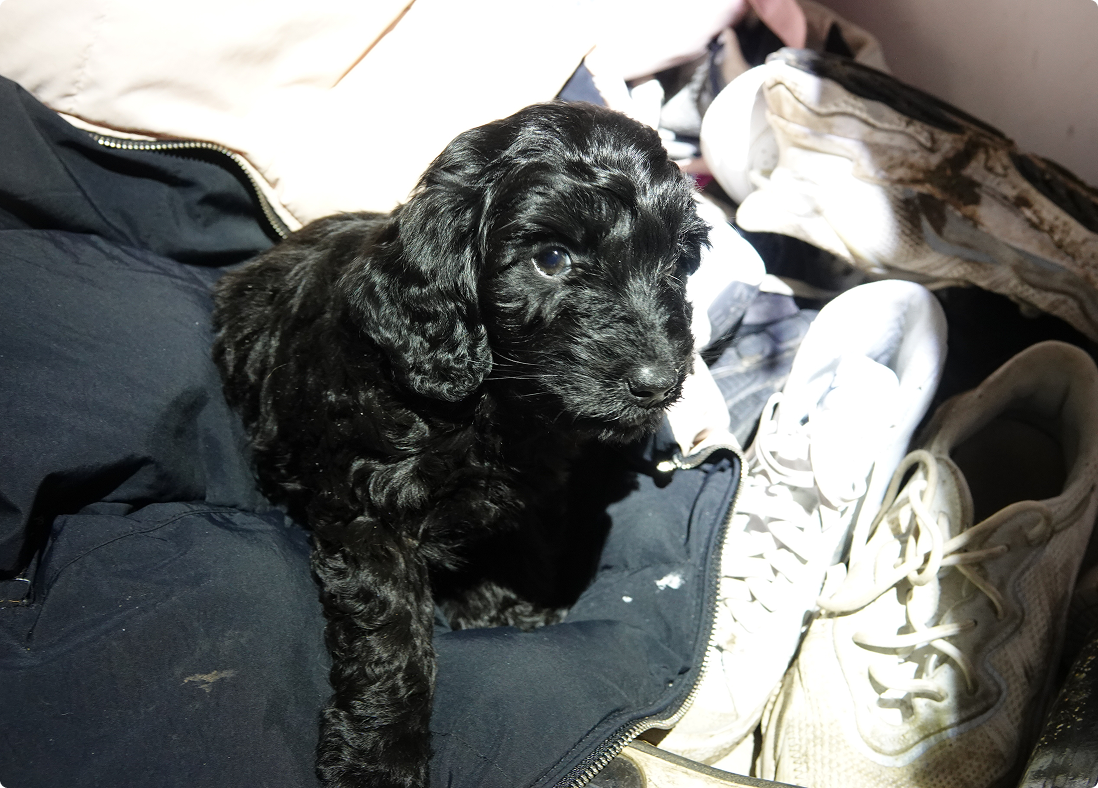
Ferret Health
Information about looking after the health of your ferret.
All pet owners have a duty of care towards their pets. This means you are responsible for ensuring your ferrets are happy and healthy by protecting them from pain, suffering, injury and disease.
Schedule annual check-ups with a vet experienced in ferret care to ensure your ferrets are healthy.
If you notice any abnormalities, such as weight loss, crying or whimpering, trembling, lethargy, teeth-grinding or unexpected hair loss, consult your vet immediately.
Vaccinations and Parasite Treatments
Ferrets who are kept or exercised in areas frequented by foxes or dogs are at risk of contracting canine distemper. This can be fatal to ferrets. You should speak to your vet about whether vaccination to prevent this is appropriate for your ferrets. Initial signs are discharge from the eyes and nostrils, a rash under the chin and groin and thickening of the footpads.
Speak to your vet about when to vaccinate your ferret.
Your ferret’s lifestyle will dictate whether they need preventative parasite treatments and you should discuss this with your vet.
Dental Care
Ferrets are prone to dental problems. Access to raw treats (such as pinkie mice and rabbit ears or feet) or bones can help wear down their teeth naturally.
Providing dental chews and toys can help keep their teeth healthy. If you notice any problems, seek advice from your vet.
Hair Loss
Ferrets with hair loss is common. There are a number of possible causes including seasonal alopecia,
hypothyroidism, adrenal disease and malnutrition. If your ferret experiences hair loss, speak to your vet.
Microchipping
Most of the ferrets in our care come in as strays and are sadly never reunited with their owners.
Ferrets have a very poor homing sense so microchipping is the most effective way to increase the chances of a reunion should your ferret ever escape. It is a quick procedure that provides pets with a unique identification code, making it easier to trace and contact their owner.
If your details should ever change, such as your address or phone number, these can be updated via an online database, sometimes for a fee.
Reproductive Health and Neutering
The breeding season runs from April to September. Female ferrets (jills) come into season during this time and will stay in season until they are either mated, chemically taken out of season or spayed. Leaving a Jill in season is extremely debilitating, causes anaemia and will eventually be fatal. Therefore, a jill must always be brought out of season.
Ferrets’ reproductive hormones are very complex and options to prevent jills from coming into season are limited. We recommend discussing the best option with your vet well in advance of the breeding season.
Castrating male ferrets (hobs) means they can be kept with jills and possibly with other castrated hobs all year round.
There is no need to separate them during the breeding season. It also reduces the distinctive odour and greasy secretions they produce, which are much more pronounced in the breeding season. Please note that vasectomising hobs will not have these same effects.
The ‘jill jab’, an injection that could be given annually to bring jills out of season, has been discontinued. If you have used this in the past, you may no longer be able to get it, or any existing vet stocks may cost more than they previously did.

Puppies across Scotland need your help
Please consider giving a monthly donation today. Give Scotland’s animals the gift of safety this winter and beyond. The criminals involved in the low-welfare puppy trade never stop. And with your help, neither will we. Every £1 matters to puppies like Winnie.